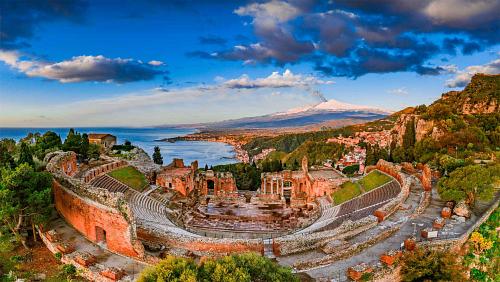New Incinerator in Brunei Promises Sustainable Waste Management Solution
Brunei, a small but prosperous country located in Southeast Asia, has been facing challenges in waste management in recent years. With a rapidly growing population and increasing levels of consumerism, the amount of waste generated in the country has been on the rise. In response to this issue, the government of Brunei has invested in a state-of-the-art incinerator, which promises to provide a sustainable solution for waste management in the country.
The new incinerator, which is located in the capital city of Bandar Seri Begawan, has been designed to handle a wide range of waste materials, including municipal solid waste, medical waste, and industrial waste. It is equipped with modern technology and complies with international standards for emissions and environmental protection. The incinerator is also integrated with energy recovery systems, which enable it to generate electricity from the combustion of waste.
The introduction of the incinerator marks a significant milestone in Brunei’s waste management efforts. It is expected to significantly reduce the volume of waste that ends up in landfills, thereby alleviating the pressure on limited landfill space. Additionally, the energy recovery aspect of the incinerator will contribute to the country’s efforts to diversify its energy sources and reduce its reliance on fossil fuels.
Furthermore, the incinerator is set to play a role in addressing Brunei’s commitment to sustainable development and environmental conservation. By offering a sustainable alternative for waste management, the incinerator contributes to the country’s efforts to minimize its environmental impact and promote a circular economy. It is aligned with Brunei’s national development plans, which prioritize sustainability and environmental responsibility.
In addition to its environmental benefits, the incinerator also promises to bring economic advantages to Brunei. It provides employment opportunities and supports the development of a local industry for waste management and energy production. Furthermore, by reducing the volume of waste that needs to be handled, the incinerator can lead to cost savings for the government and contribute to the optimization of public spending.
The introduction of the new incinerator has been met with enthusiasm from both the government and the public in Brunei. It represents a significant step forward in the country’s efforts to address the challenges of waste management and environmental sustainability. With its advanced technology and multifaceted benefits, the incinerator is poised to become a key asset in Brunei’s infrastructure and contribute to the country’s long-term development.
Frequently Asked Questions (FAQs):
Q: What is an incinerator?
A: An incinerator is a facility designed for the combustion of waste materials. It is equipped with specialized technology to ensure efficient and controlled burning of waste, leading to the generation of heat and energy. Modern incinerators are equipped with advanced emission control systems to minimize environmental impact.
Q: How does the incinerator contribute to sustainable waste management?
A: The incinerator offers a sustainable alternative for waste management by reducing the volume of waste that ends up in landfills. It also features an energy recovery system, which enables it to generate electricity from the combustion of waste. This contributes to the reuse of waste materials and minimizes the environmental impact.
Q: What types of waste can the incinerator handle?
A: The incinerator is designed to handle a wide range of waste materials, including municipal solid waste, medical waste, and industrial waste. It is equipped with technology to ensure efficient and safe combustion of various types of waste.
Q: How does the incinerator benefit the environment?
A: The incinerator helps to minimize the environmental impact of waste by reducing the volume of waste that ends up in landfills. Its energy recovery system also contributes to the generation of electricity from waste, thereby reducing reliance on fossil fuels and contributing to environmental conservation.
Q: What are the economic benefits of the incinerator?
A: The incinerator provides employment opportunities and supports the development of a local industry for waste management and energy production. It also leads to cost savings for the government by reducing the volume of waste that needs to be handled. Additionally, the incinerator contributes to the optimization of public spending.
In conclusion, the new incinerator in Brunei promises to provide a sustainable solution for waste management in the country. With its advanced technology, energy recovery systems, and environmental benefits, it represents a significant step forward in Brunei’s efforts to address the challenges of waste management and environmental sustainability. The incinerator is expected to contribute to the country’s national development plans, support economic growth, and promote a circular economy.








